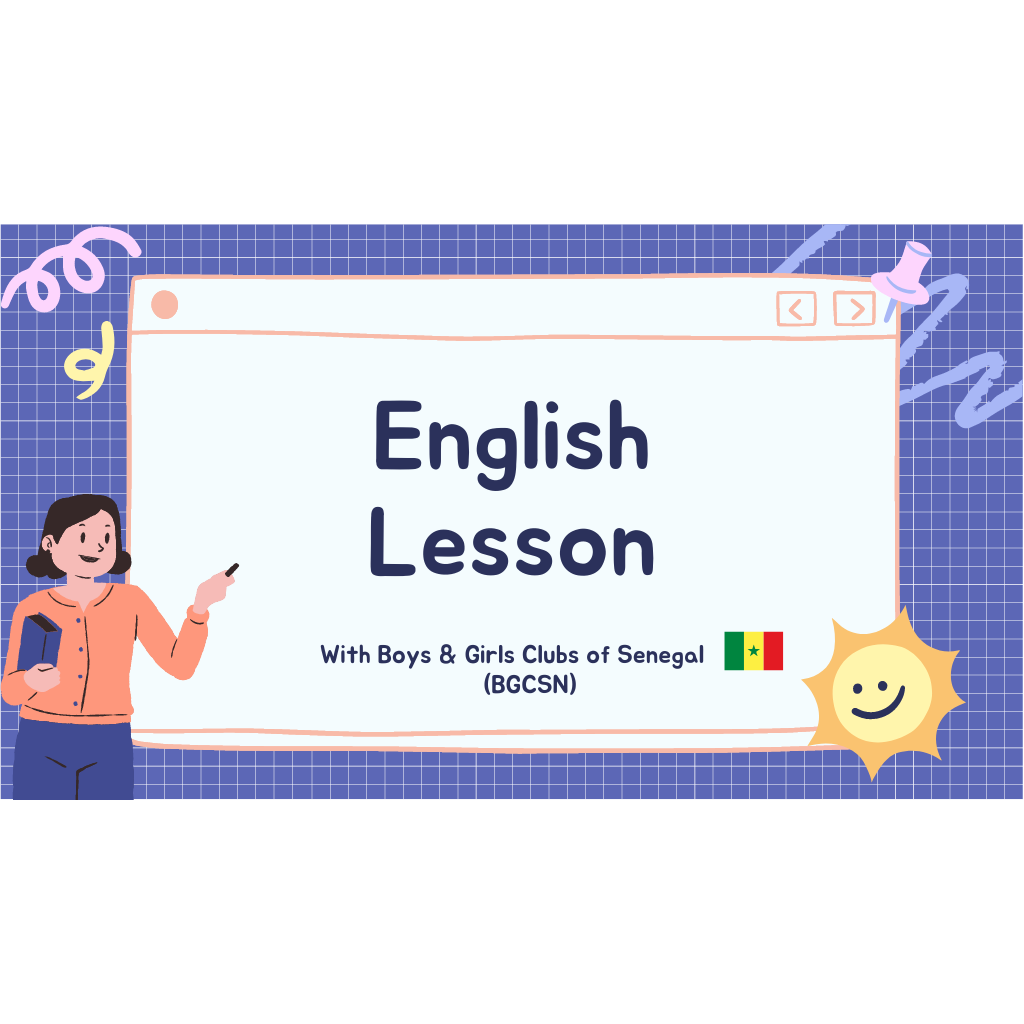Expand your vocabulary by learning the power of suffixes! Suffixes are affixes that come at the end of a root word that changes the meaning of the base word. Knowing these suffixes can help you boost your English fluency as you identify and create new words.
Start by learning some of the most common suffixes and what they mean. ‘-ful’ is a suffix that means ‘full of’. For example, ‘graceful’ means full of grace. ‘-ness’ is another suffix which means the state or quality of something. For example, ‘happiness’ means the state or quality of being happy.
Once you’ve familiarized yourself with some of the most common suffixes, try to add them to other words to create new words. For instance, ‘child’ and ‘-hood’ create the word ‘childhood’. Or ‘teach’ and ‘-er’ become ‘teacher’.
With more practice, you’ll develop your skills in using suffixes and enhance your English fluency. Remember, you’ll widen your vocabulary and gain confidence in English when you use suffixes correctly! Improve Your Vocabulary With Suffixes
One of the most effective ways to enhance your English vocabulary is by understanding and using suffixes. Suffixes are essential word components that are added to the end of a base word to change its meaning or form. By learning and incorporating various suffixes into your vocabulary, you can expand your understanding and usage of words in English.
Firstly, let’s explore the importance of suffixes. Suffixes add versatility to words and allow us to create new words without starting from scratch. Understanding suffixes will help you decipher the meaning of unfamiliar words when encountered while reading or listening. Additionally, it will enable you to express yourself more precisely and effectively in both spoken and written English.
There are numerous suffixes in English, each with its own meaning and purpose. Let’s delve into some commonly used suffixes and how they can enhance your vocabulary:
– “er” and “or”: When added to a base word, these suffixes typically indicate a person who does a particular action or has a specific occupation. For example, “teacher,” “driver,” and “doctor.” By recognizing the “er” or “or” suffix, you can easily identify people associated with the action or profession.
– “ful” and “less”: Adding “ful” to a word means that it is full of something (e.g., “beautiful” means full of beauty), while attaching “less” indicates the absence of the quality (e.g., “careless” means without care). Incorporating these suffixes in your vocabulary will help you express emotions and characteristics more accurately.
– “able” and “ible”: These suffixes signal that something is capable of being done or is able to possess a specific quality. For instance, “comfortable” means that something provides comfort, and “credible” implies that someone or something can be believed. Utilizing “able” and “ible” will enable you to describe objects, situations, or people with ease.
– ”tion” and “sion”: When these suffixes are added, they transform a verb into a noun. For example, “communication” becomes the act of communicating, and ”decision” refers to the act of making a decision. Incorporating “tion” and “sion” in your vocabulary will allow you to express ideas and actions in a more precise and formal manner.
– “ly”: This suffix is commonly used to convert adjectives into adverbs. For instance, ”quick” can become “quickly,” and “happy” can transform into “happily.” By understanding and using the “ly” suffix, you can make your speech and writing more descriptive and nuanced.
By familiarizing yourself with these and other common suffixes, you will significantly enhance your vocabulary and improve your overall English language skills. The more you practice incorporating suffixes into your daily communication, the more natural and effortless it will become.
To further expedite your vocabulary growth, keep a vocabulary journal to record and review new words with suffixes you encounter. Practice using these words in sentences and engage in conversations that allow you to employ these newly learned vocabulary words.
Remember, improving your vocabulary is an ongoing process. Dedicate regular time to learn and incorporate suffixes into your studies, and soon you will reap the rewards of enhanced vocabulary and improved language proficiency. So, embrace the power of suffixes and watch your vocabulary bloom!
Now that you have a greater understanding of how much suffixes can contribute to your vocabulary, you can start using them in everyday conversations and other writing. With careful study, you’ll begin to notice more and more suffixes and flourish your writing with added sophistication. Learning suffixes can be a fun and effective way to expand your verbal and written toolkit, granting you a greater sense of confidence the next time you’re called upon to communicate.
